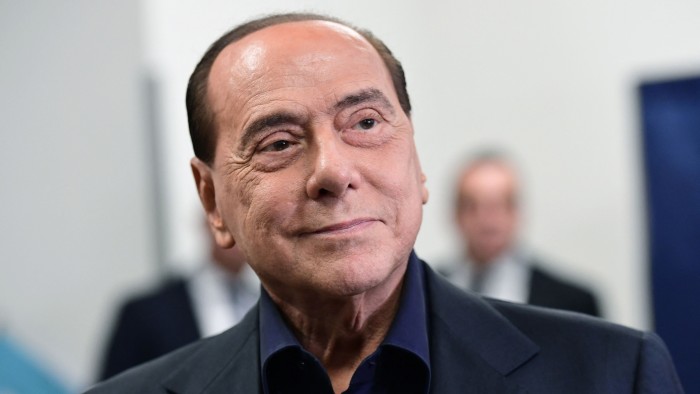Donald Trump’s win gave Republicans their highest share of the popular vote in two decades — and revealed big shifts in the US electorate, from the Democratic party’s reliance on wealthier, college-educated voters to the power of issues like immigration.
Low turnout by Democrats also hurt Kamala Harris’s chances while support from traditional left-leaning voting groups, such as Hispanic and Black voters, fell.
The results also show that poorer and less-educated voters now think Republicans best represent them — a reversal from 12 years ago, when Democrat Barack Obama was president.
After a deep-dive into the data, here are five takeaways.
Democratic support depends on high-income voters
Economic realignment has been under way for some time, but hastened in this election. The Democratic party now appears to be the party of high-income voters, not those with low incomes.
For the first time in decades, Democrats received more support from Americans in the top third of the income bracket than from poorer groups, according to an FT analysis of voter surveys.
In contrast to 2020, the majority of lower-income households or those earning less than $50,000 a year voted for Trump this election. Conversely, those making over $100,000 voted for Harris, according to exit polls.
At the same time, Trump enjoyed enduring support from voters without a college degree, with nearly two-thirds voting for the former president, according to exit polling in ten states by NBC News.
Immigration probably pushed voters to Trump
A poll by Gallup before the election found that US voters saw immigration as the most important problem facing the country, with 55 per cent saying that it was a “critical threat” to the US.
The results from Tuesday show just how damaging the issue was for Harris, who was blamed by Trump for the record high number of border crossings during the Biden administration.
Some of the areas that swung furthest to the former president were on the US south-western border, including Hidalgo and Zapata counties in Texas and Santa Cruz County in Arizona.
In Texas, Trump managed to flip four counties on the US-Mexico border that had voted for Democratic presidential candidates since the 1970s.
Trump captured the suburbs and cities became less Democratic
Joe Biden’s victory over Trump in 2020 owed much to the big Democratic turnout in swing-state suburbs, including a blue wave in the majority-white suburbs of Pennsylvania and Georgia, as well as both majority-white and majority-Latino areas in Phoenix and Tucson, Arizona.
But on Tuesday, Trump captured more votes than Harris everywhere outside large cities, including suburban areas. In large urban areas, Democrats lost more than 1mn votes compared to 2020, according to an FT analysis of the results.
The rural-urban divide has increasingly become an entrenched dimension of US politics, but this election saw a sharp drop in Democratic support in large cities, while rural areas continued to become more red.
Hispanic-majority areas swung to Trump
Days before the election, comedian Tony Hinchcliffe’s disparaging remarks about Puerto Rico at a Trump rally cast doubt on the Republican candidate’s ability to win over Latino voters.
But the results showed that Latinos, as well as other non-white voters, are increasingly drawn to Trump. The shift could have lasting implications given Latinos are among the fastest-growing ethnic groups in the US.
Even in liberal enclaves like Philadelphia, the most populous city in the swing state of Pennsylvania, voters swung towards Trump in majority-Hispanic areas, even while Harris won those precincts overall, according to an FT analysis of municipal data.
In Texas, some of the largest swings towards Trump also came from majority-Hispanic counties, including Starr County on the US-Mexico border, which has a Hispanic population of over 96 per cent.
Trump even managed to flip Florida’s most populous county, the majority-Hispanic Miami-Dade County, for the first time since 1988.
Low turnout among Democrats accentuated the swing towards Trump
Not all of the swing towards Trump across the country was attributable to an increase in support for the Republican.
While New York swung to Trump by 12 points in 2024, fewer than 190,000 additional people voted for him than in 2020. But 800,000 fewer people voted for Harris than Biden in the state. Illinois and Ohio followed a similar trend.
Of the swing states, only in Pennsylvania did Democrats lose more votes than Trump gained. In Wisconsin, Georgia and North Carolina, the party increased their vote count — albeit only by 300 in the North Carolina.
Harris’s turnout effort did bear some fruit, with current estimates showing that the proportion of the voting-eligible population who voted increased in all but two of the swing states.
Additional reporting by Radhika Rukmangadhan in New York and Alan Smith in London




















































































































































































You must be logged in to post a comment Login